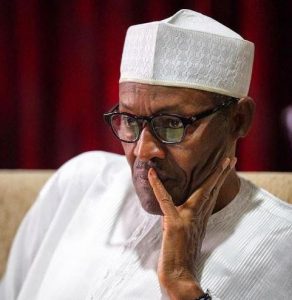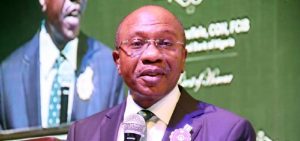
Tribune / Nigeria: Nigeria vice president, Yemi Osinbajo, has said in an effort of the Federal Government to stabilise the economy, it had saved N1.4 trillion as proceeds from oil subsidy.
Osinbajo made the remarks at the 15th meeting of the Joint Planning Board and National Council on Development Planning in Kano, where he urged Nigerians to restore confidence in the Muhammadu Buhari-led administration, insisting that soonest, the current economic problems would become a thing of the past.
The vice-president also assured Nigerians that very soon, the foreign exchange market would stabilise, going by some radical policies already introduced by the Central Bank of Nigeria (CBN).
He said the Federal Government had released total capital releases of over 50 per cent to MDAs for the execution of various projects in line with this commitment.
Osinbajo said the national strategic planning was critical to the attainment of structural transformation and sustainable development in the country.
“Strategic planning generally provides direction, coherence and coordination and they are veritable frameworks for guiding the activities of all stakeholders towards achieving a common goal,” he said.
The vice-president said the strategic planning for SDGs entailed partnership, as enshrined in Goal 17, which emphasised the need for working with states for economic development.
He said the Federal Government had adopted zero-based budgeting policy to allow for deployment of resources to areas and sectors of greatest needs.
Osinbajo said the Federal Government had also used short-term strategic implementation plan to guide the implementation of the 2016 budget.
He said the current administration also accorded top priority to agriculture for self sufficiency and food security.
This, he said, was aimed at reducing the financial burden and pressure on foreign exchange, resulting in importation of foods that could be produced locally.
“The mixture of support instruments and incentives would be used bring about growth in sectors that are critical for economic revitalisation, especially in agriculture and agric business, among others,” he said.
Speaking earlier, Minister of Budget and National Planning, Senator Udoma Udo Udoma, urged states to complement Federal Government’s effort in the area of agriculture and solid minerals development.
He said this was necessary in view of the fact that the country was endowed with arable land for massive production of food.
He said “we have also launched a Strategic Implementation Plan (SIP) for the effective implementation of the budget, broadly speaking, the SIP focuses on key six.”
These are based on governance, transparency and security, economic diversification into agriculture, industrialisation, solid minerals, entertainment and tourism.
“The states may wish to target some selected crops for massive production of such commodities.
“They can boost production through the formation of farmers’ cooperatives for easy access to loan facilities,” he said.
He said the state could also undertake infrastructural development, such as roads, to ease evacuation of farm produce.
“This will promote economic growth through the creation of job opportunities for the teeming number of unemployed youths in the country,’’ he said.
He said the Federal Government was committed to restructuring of the Bank of Agriculture (BoA), to enable it to give loans at single digit interest rate.
Also, the Kano State governor, Dr Abdullahi Ganduje, who was represented by his deputy, Professor Hafiz Abubakar, said the state government would collaborate with all relevant stakeholders to implement the recommendations of the meetings.




